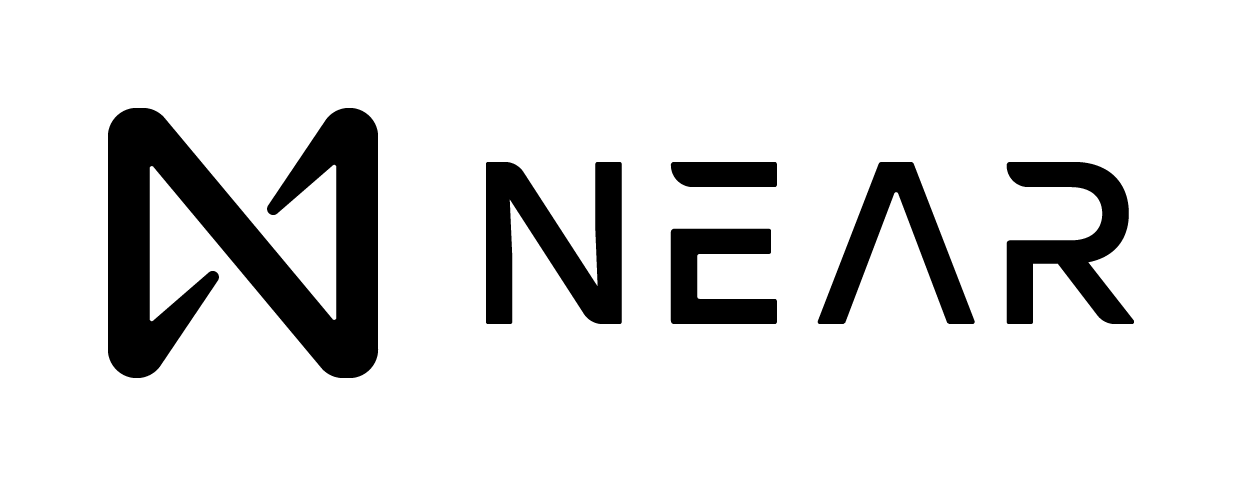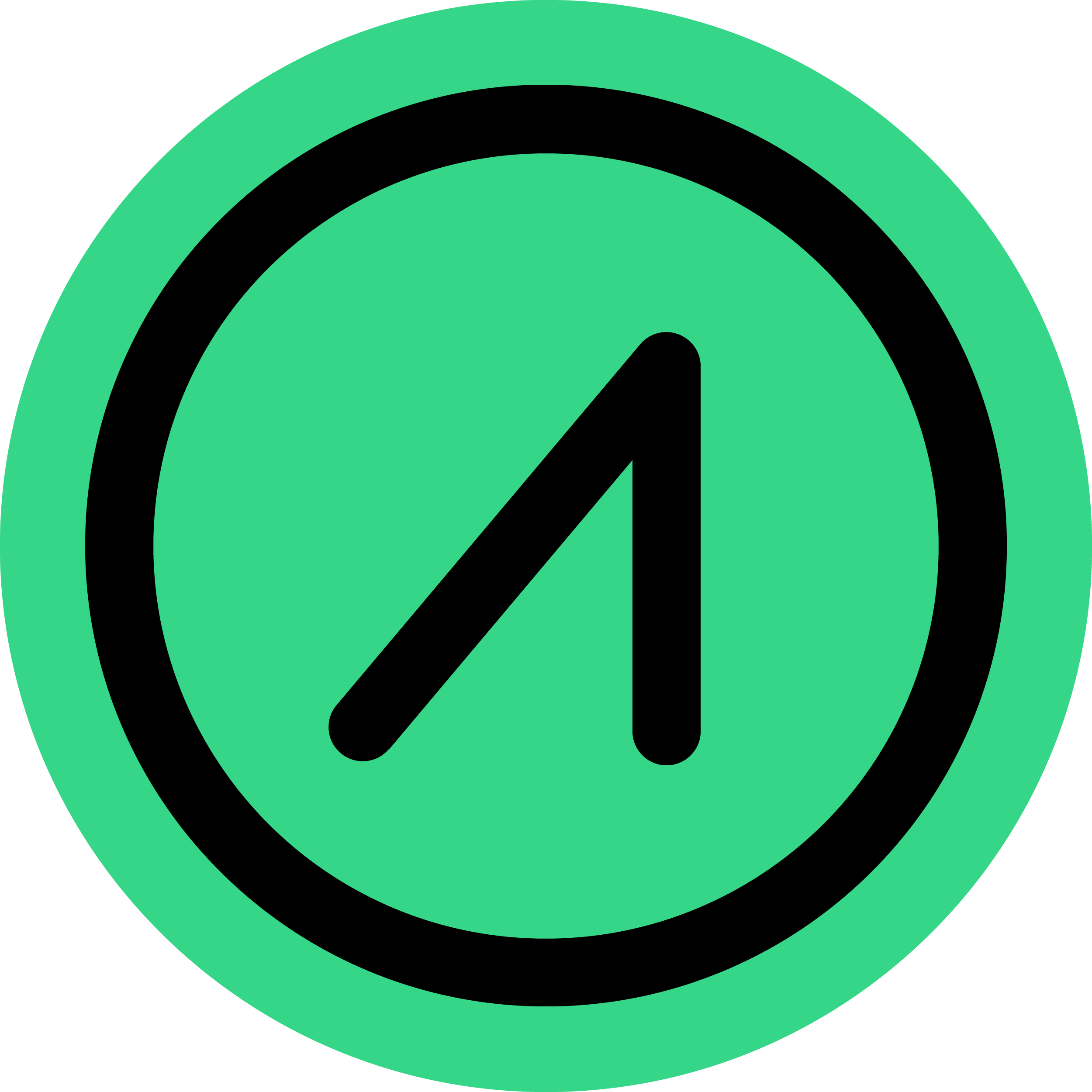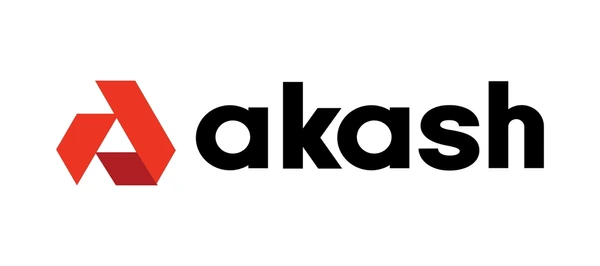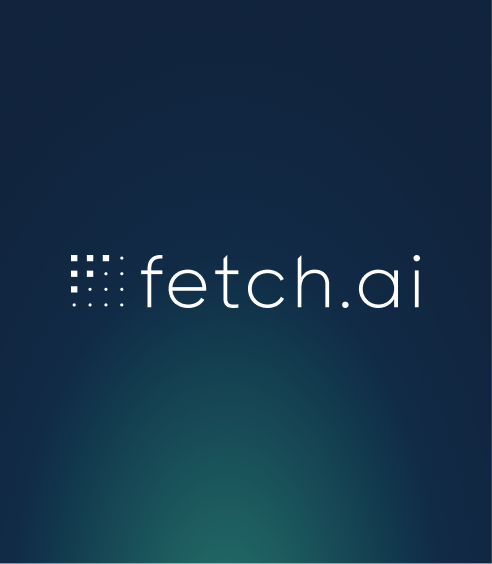As artificial intelligence reshapes industries, a new wave of AI-powered cryptocurrencies is emerging. These projects merge blockchain technology with AI to offer innovative solutions in data processing, decentralized intelligence, predictive analytics, and more. In this article, we highlight the best AI crypto coins to watch in 2025 that are driving the future of intelligent blockchain ecosystems.
04 July, 2025
Table of content

TAO is the native token of the Bittensor network, a decentralized protocol designed to create and manage markets for digital commodities such as machine learning outputs and compute resources. The TAO token serves as the backbone of the system, incentivizing participants to contribute computational resources and intelligence services to the network. Through a structure of interconnected subnets, Bittensor allows AI developers to build, validate, and deploy models in an open, permissionless ecosystem.
TAO is earned by miners who provide valuable services like inference, data processing, or model evaluation. These services are validated by peers using mechanisms such as Yuma Consensus, which enables agreement around probabilistic outputs like intelligence. Unlike many crypto networks focused on asset transfers, Bittensor uses TAO to coordinate the creation of usable AI products through distributed incentives. TAO enables the growth of a decentralized AI economy without reliance on central entities, positioning it as a utility token tied directly to the value generated by open AI infrastructure.

NEAR is the native token of the NEAR Protocol, a blockchain platform designed to support AI-native applications and decentralized autonomous agents. The NEAR token plays a central role in the ecosystem by securing the network, enabling transaction processing, and serving as the medium of exchange for services and compute resources within AI-focused environments. Its structure allows developers to deploy intelligent agents that can execute user intent, interact across chains, and coordinate tasks in a permissionless setting.
The NEAR token also facilitates the operation of AI applications by powering infrastructure for verifiable compute, encrypted model execution, and multichain interactions. Its utility extends beyond basic transactions, acting as the economic driver of a network aimed at supporting a decentralized AI economy. By leveraging NEAR, developers can build AI systems without requiring users to manage wallets or interact directly with blockchain mechanics, helping streamline AI adoption in consumer-facing applications.

RNDR is the native token of the Render Network, a decentralized GPU compute platform built to support high-performance rendering and AI workloads. The RNDR token is used to exchange value between those who need GPU power – such as artists, developers, and AI model creators – and those who supply it by contributing idle GPU capacity. This token-based system enables distributed access to compute resources without relying on centralized infrastructure.
The RNDR token plays a key role in powering rendering tasks across the network, supporting engines like OctaneRender and Redshift, and facilitating AI-driven image generation tools. Its utility extends to managing transaction fees, prioritizing jobs, and providing economic incentives for node operators. By leveraging RNDR, the network enables scalable compute availability for creative and AI-intensive applications, aiming to provide a more accessible and cost-efficient alternative to centralized cloud compute providers.

AIOZ is the native token of the AIOZ Network, a decentralized infrastructure protocol (DePIN) that powers AI computation, data storage, and media streaming across a peer-to-peer ecosystem. The AIOZ token is used within the network to access and pay for services such as decentralized GPU compute, low-latency video streaming, and S3-compatible storage. It also incentivizes contributors who provide idle computing resources, enabling a distributed backend for AI-driven applications and content delivery.
The AIOZ token facilitates activity across multiple layers of the ecosystem, from running AI models and datasets to pinning and storing data on the network. It also supports streaming services with built-in monetization and AI-generated subtitles, making it a utility token in a multi-functional infrastructure. As part of the AIOZ blockchain, the token enables seamless integration with Ethereum and Cosmos smart contracts, allowing developers to build scalable AI-enabled dApps using familiar tools.

AKT is the native utility token of Akash Network, a decentralized cloud infrastructure protocol designed for AI, machine learning, and other compute-heavy workloads. AKT serves multiple functions in the ecosystem, including payment for deploying applications, access to decentralized GPU resources, staking for securing the network, and participation in governance decisions. The Akash Supercloud offers compute services through a peer-to-peer marketplace where users bid for GPU capacity, and AKT facilitates these transactions using a reverse auction model.
The token plays a critical role in enabling developers to run AI models, language processing applications, and distributed training workloads at lower costs compared to centralized cloud providers. With integrations supporting popular frameworks and LLMs, AKT allows AI developers to scale infrastructure while maintaining control over budgets and privacy. The token’s design within the Cosmos ecosystem also provides interoperability with other IBC-compatible blockchains, extending its utility beyond just compute payments.

INJ is the native token of Injective, a blockchain platform focused on decentralized finance (DeFi) infrastructure. The token is used to support a range of financial applications built within Injective’s ecosystem, which includes modules for trading, lending, oracles, and cross-chain asset movement. INJ enables staking to secure the network, facilitates governance participation, and serves as the medium for transaction fees and protocol-level utility.
As AI is increasingly integrated into financial systems, Injective provides an adaptable environment with support for multiple virtual machines (WASM, EVM, SVM), enabling developers to deploy AI-enhanced DeFi applications without compatibility restrictions. The INJ token plays a key role in maintaining the network’s performance and security, particularly in areas where AI models might support algorithmic trading, data analysis, or automated market operations. This makes it relevant for projects that merge AI with blockchain-based financial services.

OCEAN is the native token of Ocean Protocol, a decentralized data exchange protocol designed to enable secure and privacy-preserving sharing of data and AI models. The token is used within the ecosystem to facilitate transactions, such as buying and selling access to data sets or AI services, while ensuring data privacy through technologies like Compute-to-Data. This allows AI developers and data owners to monetize their assets without exposing raw data.
The OCEAN token also supports governance and incentivizes network participants, including data providers, consumers, and node operators. The protocol features modular components like Data NFTs and Datatokens, which create token-based access controls and permissioned environments for data sharing. OCEAN aims to build an open market for data and AI models, allowing users to retain control over their intellectual property while participating in a decentralized AI economy.

Arkham’s ARKM token operates within the Arkham ecosystem, which focuses on on-chain analytics and transparent blockchain data insights. The token supports the Arkham Exchange, a platform that integrates AI-driven market intelligence with trading, allowing users to track and trade cryptocurrencies based on comprehensive data from wallets, hedge funds, and other entities. ARKM plays a role in enabling access to data, facilitating trading operations, and maintaining platform functionality.
The Arkham network emphasizes transparency and security, combining AI-powered analytics with user-friendly trading tools. ARKM is used within this ecosystem to incentivize participation and provide access to real-time blockchain intelligence. This makes it a relevant token for investors interested in AI-enhanced crypto analytics and exchange services.

ICP is the native token of the Internet Computer Protocol, a blockchain platform designed to host decentralized applications, including AI models, without reliance on traditional IT or big tech providers. ICP tokens are used to power the network by paying for computation cycles required to run smart contracts and decentralized software. The protocol enables applications that are censorship-resistant, autonomous, and capable of secure multichain interactions.
The Internet Computer supports the deployment of a wide range of apps such as Web3 social media, games, DeFi platforms, and AI-powered services. ICP tokens also play a role in network governance and resource allocation, allowing holders to participate in decision-making processes. This positions ICP as a utility and governance token integral to supporting AI and decentralized application infrastructure in a scalable and secure environment.

THETA is the native token of Theta Network, a decentralized blockchain platform focused on delivering video streaming, AI workloads, and cloud computing through a distributed GPU marketplace. The token plays a central role in securing the network, incentivizing node operators who share GPU resources for AI model training, video processing, and content delivery. This decentralized infrastructure supports enterprises, developers, and communities by providing access to scalable, cost-effective compute power.
THETA is used to facilitate transactions, governance, and staking within the ecosystem. Its utility extends to powering EdgeCloud, Theta’s hybrid GPU marketplace, which connects AI developers with a large network of distributed GPU nodes. The network is also notable for partnerships with major organizations in sports and entertainment, leveraging AI-driven fan engagement tools and decentralized media solutions. The THETA token thus enables participation in a decentralized cloud that supports AI, media, and entertainment workloads.

AGIX is the native token of SingularityNET, a decentralized platform that enables anyone to create, share, and monetize AI services at scale. The AGIX token powers transactions within the ecosystem, allowing AI developers and users to access a marketplace of interoperable AI algorithms and services. This token also supports staking and governance, enabling the community to participate in decisions shaping the platform’s future.
SingularityNET focuses on building an open AI network that promotes collaboration and democratizes access to artificial intelligence technologies. The AGIX token facilitates a scalable Web3 environment where AI services can be deployed anytime and anywhere, encouraging innovation across a broad ecosystem of developers and enterprises. It is closely linked to the project’s goal of advancing beneficial artificial general intelligence through decentralized infrastructure.

FET is the native token of Fetch.ai, a decentralized platform designed to create and support autonomous AI agents that can perform tasks, negotiate, and collaborate across industries. The token is used to facilitate transactions within the network, including payments for agent services, staking for network security, and governance participation.
Fetch.ai focuses on building an “agentic economy” where AI agents operate autonomously to optimize logistics, finance, supply chains, and other complex systems. Its ecosystem includes tools like Agentverse for building AI agents and ASI-1 Mini, a Web3-native large language model optimized for autonomous decision-making. The FET token powers these applications and incentivizes the development and operation of intelligent agents within the decentralized network.
In 2025, AI crypto coins represent a growing intersection between artificial intelligence and blockchain technology, offering new opportunities for innovation and decentralized solutions. These tokens support platforms that enable autonomous AI agents, decentralized data marketplaces, scalable compute resources, and secure governance mechanisms. While each project has its own unique approach and focus, they collectively contribute to shaping the future of AI in a decentralized and accessible way.
Investing in AI crypto coins involves understanding the technology and ecosystems behind each token, as well as their role in advancing AI capabilities on blockchain networks. As the AI and crypto spaces continue to evolve, these coins could play important roles in enabling decentralized intelligence, data sharing, and computation – areas expected to grow in importance in the coming years. Careful research and consideration remain essential when exploring this dynamic sector.
|
|
|
|
|
| Casino Name |
|
|
|
| Rating | |||
| Welcome Bonus | |||
| Bonus Wagering | |||
| Currencies | |||
| Min. Deposit | |||
| Min. Withdrawal | |||
| License | |||
| Payout Speed | |||
| VIP Program | |||
| Crypto Faucet | |||